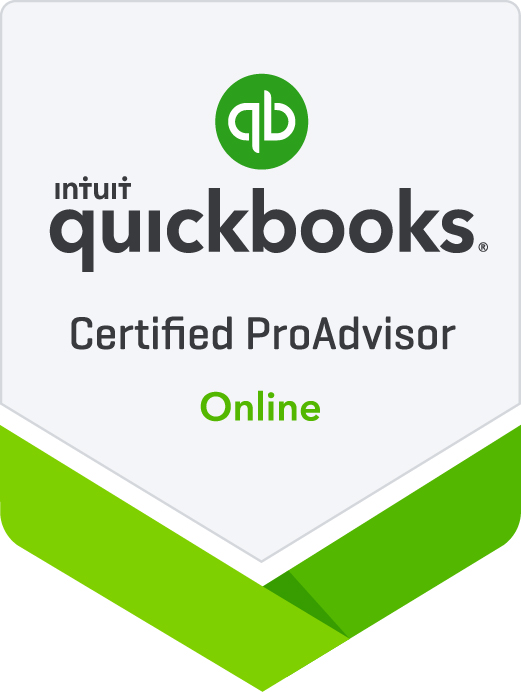Where Is My Money? I Made Money But I Don't See The Cash In My Bank Account!
/Photo by Andrea Piacquadio from Pexels
Have you ever felt like this guy? You work hard month after month and at the end of the month, you have more month than money? If so you are not alone. I shared in last week’s post that cash flow is the reason that 82% of small businesses fail. That is a pretty high percentage. There is a way to stay abreast of what is going on with your cash flow and that is taking a look each month at your statement of cash flows.
What Is The Statement of Cash Flows?
According to Investopedia, “A cash flow statement is a financial statement that summarizes the amount of cash and cash equivalents entering and leaving a company. The cash flow statement measures how well a company manages its cash position, meaning how well the company generates cash to pay its debt obligations and fund its operating expenses.” That is it in a nutshell.
What Is On the Statement of Cash Flows?
The statement is comprised of:
Cash From Operating Activities - These are the core services or products offered to customers that generate cash for the business. Additionally, it includes any uses of cash from the business operations. It also includes changes in cash that can be attributed to accounts receivable, depreciation, accounts payable, and inventory.
Cash From Investing Activities - These are all the uses of cash and sources from business investments.
Cash From Financing Activities - This includes money from investors or banks, distributions, and the repayment of debts.
Why You Should Care?
The goal of the statement of cash flows is to ensure that the majority of your cash is coming from operations and it is positive. There are many stakeholders who might be interested in this information including investors, and even potential employees who want to make sure you have a solid cash position that will lead to growth in the future. It helps you to know where your money went. For example, if your bank account has one number and your income statement has another number the statement of cash flows will help you to see where the money “flowed” within your business and answer the question of “Where Is My Money?”Moreover, the statement of cash flow can help you to create a budget for the future and give you peace of mind to know that you are not on the brink of insolvency.
Keep It Sunny!












